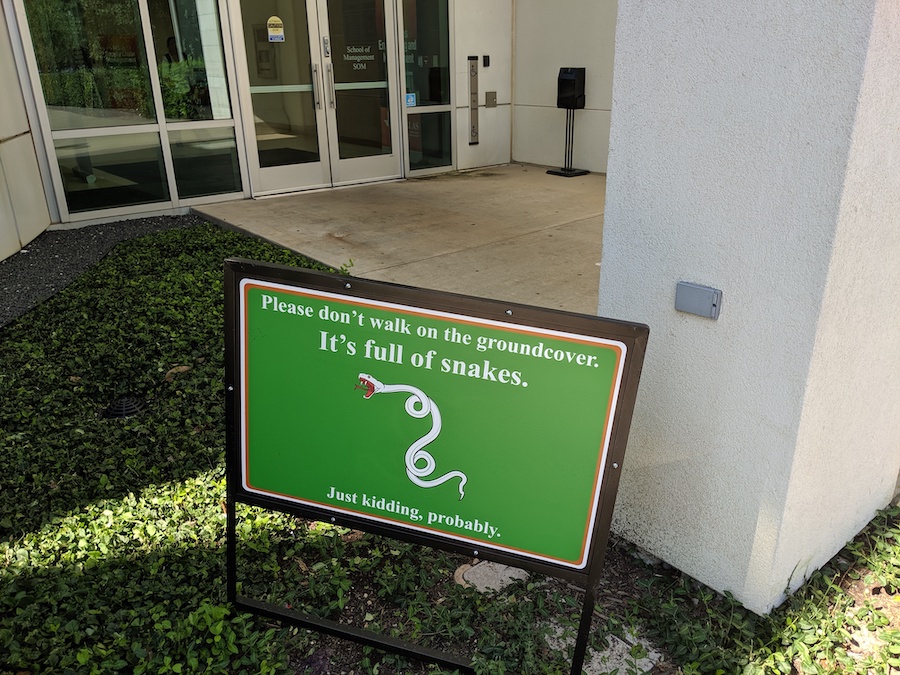"Butt dial" still waiting for its M-W word induction ceremony
The compound butt-dial, used as a verb meaning to call someone accidentally on a cell phone, or as a noun referring to such a call, is now commonplace enough to be used in the media without any scare quotes: "The butt-dial heard round the world"; "Giuliani butt dial story inspires ridicule, envy on social media" ("'Butt dial me,' one journalist said to Giuliani"); "Giuliani talks about needing cash in butt-dial to NBC News reporter"; "Guiliani Butt-Dials Reporter Not Once, But Twice".
Read the rest of this entry »

